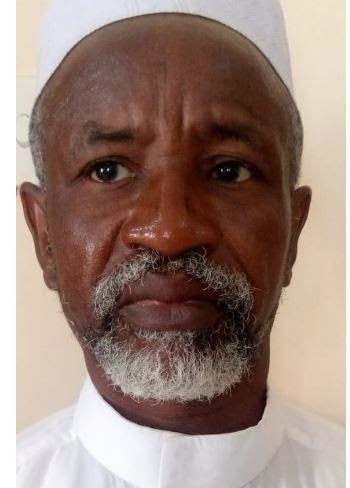Abstract
Psychological issues of post-traumatic stress disorder (PTSD) are not restricted toindividuals, rather, they could be triggered by communal issues in which the traumatic experiences of an individual are understood through the social and cultural context. There are several creative texts that engage these issues in discourse and HelonHabila’s The Chibok Girls is one of such. Particularly, The Chibok Girls explores experiences of the secondary victims which include parents of the kidnapped girls in Chibok town, Borno state Nigeria, Chibok community and security operatives assigned to superintend in the locality where the tragic event happened. Although the text uses an investigative reportage, the paper is guided by two major tasks. First, it engages Balaev’s argument on traumatic experience to demonstrate how trauma is not a specific experience of an individual rather it seeks to affirm that an individual’s trauma originates from a collective pool of experiences that are repressed and shared by members of a specific clime. Therefore, understanding trauma is a function of understanding societal state. Second, this paper explores how some characters in the text have developed coping mechanisms and how few of them resigned to fate in managing their emotions with a ‘hopeful’ resolve of the ‘possible return’ of the missinggirls. This paper is not a political critique, but it reconnoiters the polemics associated with the repressed emotions of the characters in terms of securing the freedom of the kidnapped girls and highlights the failure of key political actors to secure the rights of its citizens.





